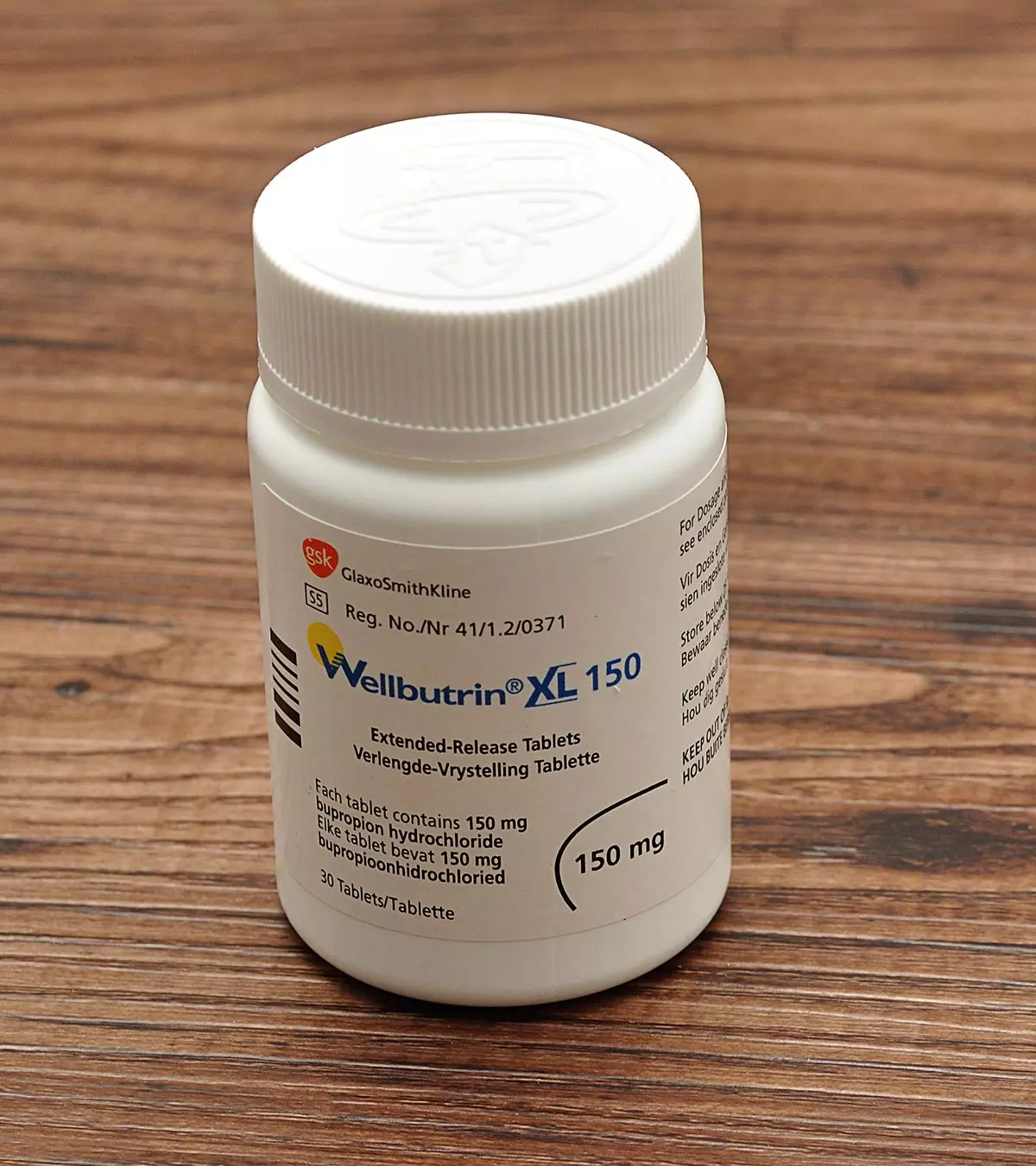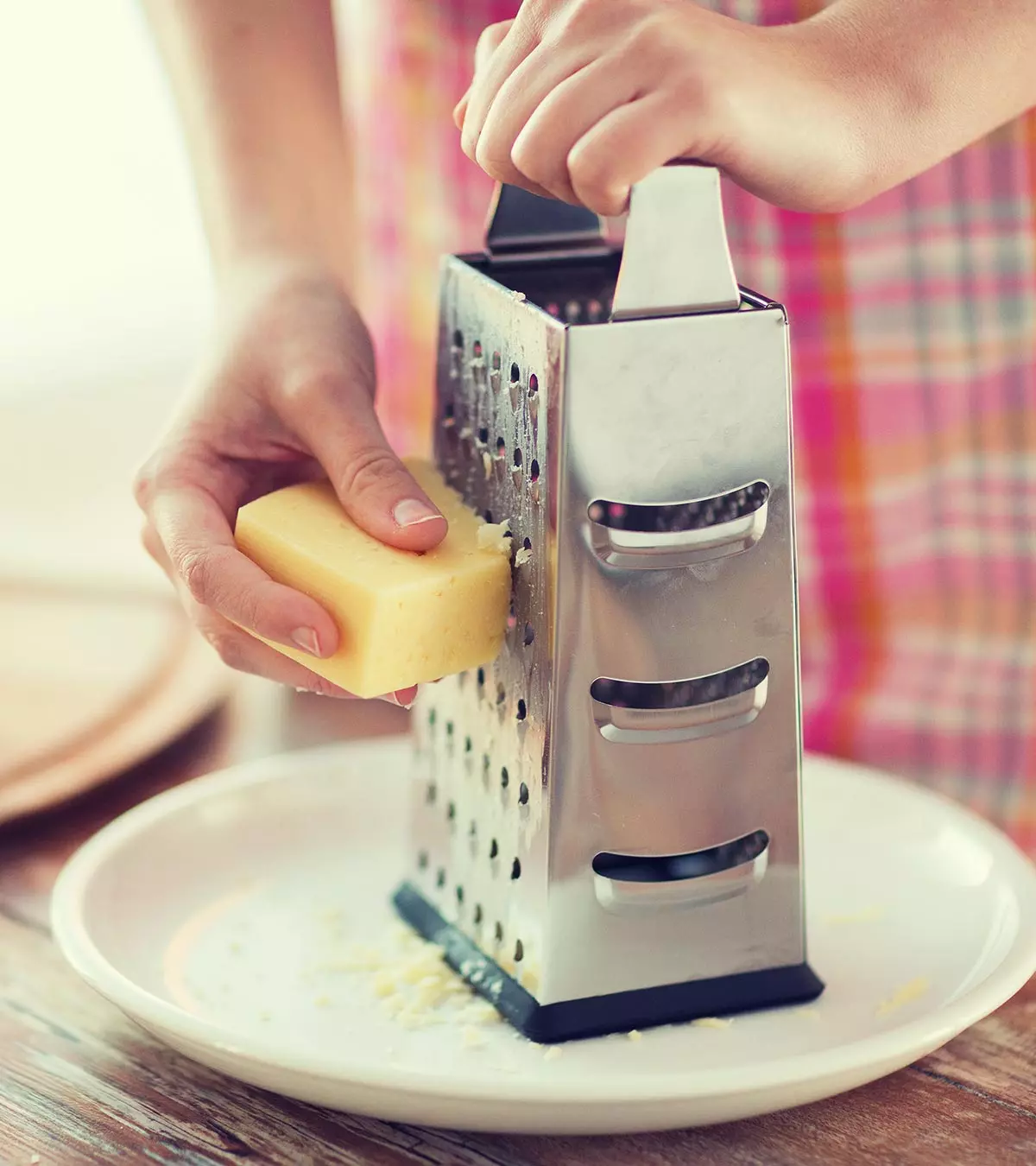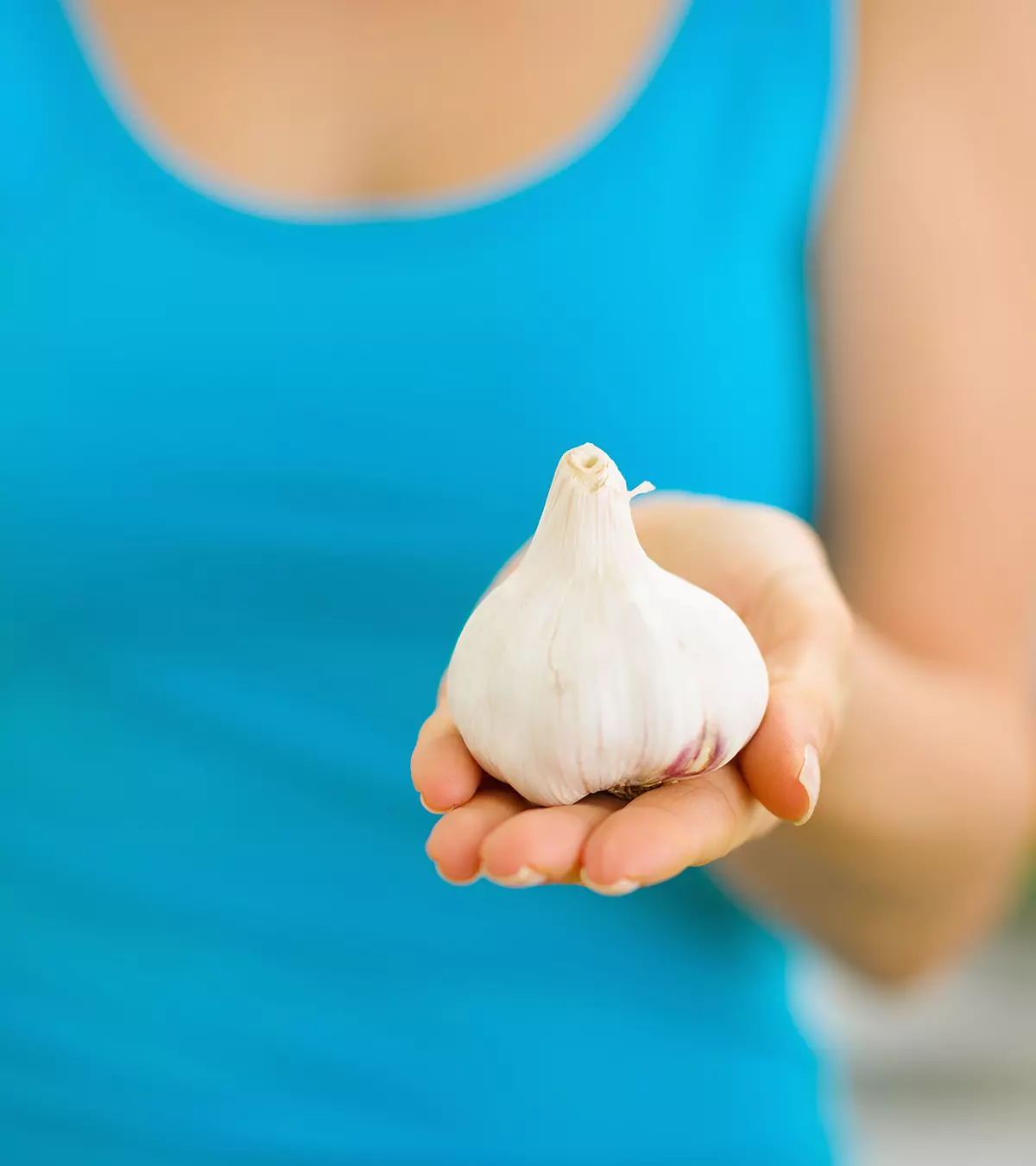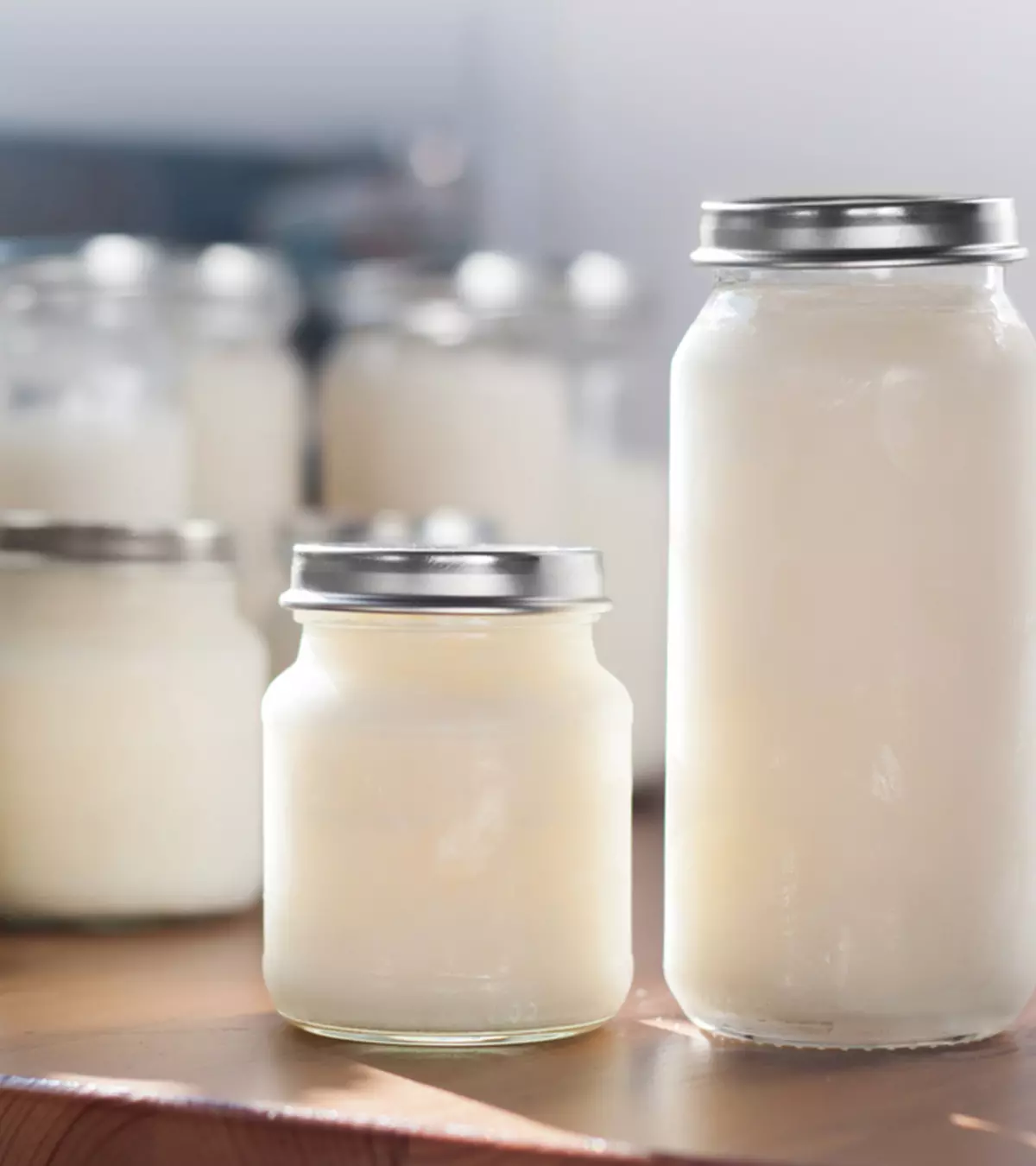
Image: iStock
Breast milk is an essential component of an infant’s diet and the best source of nutrients for babies under six months. In some cases, the mother cannot be present; however, the infant must receive breast milk. Shipping breast milk may be a realistic solution in such circumstances. However, you may wonder how to package and deliver breast milk properly. Breast milk must be shipped with great caution to avoid spoilage. There are several courier services and companies that may ship breast milk. Read on to learn about the situations in which you may want to ship breast milk and how to pack your breast milk before shipping it.
Key Pointers
- Shipping breastmilk is considered when a baby cannot get stored or direct breastmilk on need.
- Express the breastmilk and pack it in non-toxic containers with cooling to avoid its spoilage.
- You may look for the local rules on the amount and packing standards while shipping breastmilk and traveling with it.
When To Ship Breast Milk?

Shipping breast milk may usually be required when the baby does not have immediate access to breast milk in both stored and direct-from-breast form. Below are some reasons why a baby may not have access to breast milk, making shipping breast milk a suitable alternative (1).
- Traveling mothers: New mothers who travel significant distances for an extended duration may not be able to breastfeed their baby directly. A few examples are cases where the mother works in the armed forces or emergency services.
- Surrogate mothers: A surrogate mother may consider shipping breast milk to a baby who is being raised by its biological parents.
- Non-lactating parents: A non-lactating couple may consider receiving shipped donor breast milk or breast milk of the biological mother for their adopted baby.
- Breastfeeding contraindications: If breastfeeding is not recommended for some reason, such as maternal anatomical or health issues, the baby may receive shipped donor breast milk.
- Surgery: If you or your baby require a medical procedure separated from one another.
- Milk donation: If you are a breast milk donor, you will often be asked to ship your breast milk to the milk bank adhering to specific instructions outlined by the milk bank
In less common instances, shipping breast milk may be required if you intend to send it to a laboratory for testing or a research study.
 Did you know?
Did you know?Breast Milk Shipping Kit

Below is the list of items that you will need to pack your breast milk before shipping. These items are crucial for preventing breast milk spoilage (2).
- Strong, sealable breast milk storage bags (zip lock bags) or food-grade bottles and containers
- Styrofoam cooler
- Sticking or duct tape
- Cardboard box
- Newspapers
- Dry ice (around 2 lbs for each cooler)
- Insulated gloves for handling dry ice
- Markers and labels to write/stick details on the shipping box
- Shipping company details
You may require additional stickers and labels based on the courier service you intend to use for shipping breast milk. Most leading courier services ship breast milk and provide detailed information on prerequisites for appropriate packing of breast milk.
Steps To Follow For Shipping Breast Milk
Below are the steps to pack and ship breast milk (2).
1. Pumping the breast milk

Expressing or pumping a fresh batch of breast milk before packing it for shipping is preferred. Alternatively, use breast milk from your freezer which has been stored following breast milk storage guidelines. Ensure that all the pumping materials are sterile. If you do not have an electric breast pump, you may consider the manual expression of milk with your hands.
Note that even before you start to pump your breastmilk, the CDC recommends washing your hands with soap and water, ensuring that you use a clean and sterile pump and bottle, and disinfecting the place of handling to prevent any contamination (7).
2. Packing the breast milk
Store the expressed milk in BPA-free breast milk storage bags, pouches or bottles. It needs to be frozen for shipping. Label each bag with the date and time of expression of milk for the recipient’s information.
Fill and store the pumped breast milk in the bags as soon as you are done pumping. Do not fill the bags up to the brim. Keep some room for the milk to expand when frozen. Try to freeze the milk immediately. According to the CDC, freshly expressed milk can be frozen at O °F (-18 °C). CDC also recommends making small storage packs of frozen breast milk, say two to four ounces enough for one feeding, to avoid any wastage (7).
3. Storing in coolers
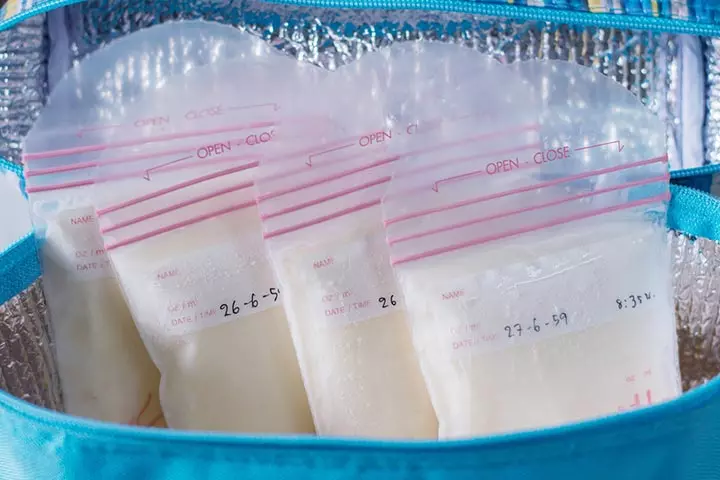
Styrofoam cooler boxes provide excellent insulation and are ideal for storing breast milk. Below are the steps to follow when packing breast milk in the Styrofoam box.
- Place a layer of newspapers on the base of the Styrofoam box.
- Wear gloves and spread a thick layer of dry ice on the newspapers. Dry ice can protect frozen breast milk if it is being shipped for more than 12 hours (9).
- Cover it with newspapers to insulate the dry ice.
- Arrange the frozen breast milk bags neatly. Make sure you pack them snugly so that they do not move during shipping.
- Place a layer of old newspaper on the bags and top it with more dry ice. Remember to wear gloves when handling dry ice.
- Add the last layer of newspapers on the dry ice before closing the lid of the Styrofoam box.
- Use duct tape to seal the grooves around the lid. Leave a small section of the groove untaped to allow any carbon dioxide from dry ice to escape.
You may add more dry ice and newspapers if the destination is significantly farther. Make sure you buy a Styrofoam box of appropriate size and have an adequate supply of dry ice to prevent any last moment shortcomings. Use a generous number of old newspapers to insulate dry ice. It will also prevent the breast milk pouches from coming in direct contact with dry ice.
Additionally, breastmilk can be stored for up to 24 hours when traveling if kept in an insulated cooler box with frozen ice packs, as the CDC suggests. However, this is mostly useful if you’re taking breastmilk for your baby and not for shipping to others (7).
4. Packing the shipment
Place the Styrofoam box into a cardboard box of relevant size. You may stuff bubble wraps or newspapers to fill any gaps between the Styrofoam box and the cardboard box. Close the lid and seal with duct tape.
You may have to stick labels or write specific information related to the package’s contents based on the rules of the courier service and local laws for shipping human milk. In any case, make sure you specify somewhere that the package contains human breast milk so that it is handled appropriately at all stations of the courier supply chain. Since the package contains dry ice, you may have to declare it on the outer packaging as per the local laws.
 Quick tip
Quick tip5. Shipping the package
Once done with packing, drop the package immediately at the nearest courier service outlet. Certain courier service providers have cold storage delivery vehicles, which may pick the package right from your doorstep. Some may even provide you with specialized cartons or containers designed to hold the temperature of frozen milk without the use of dry ice. You may contact your chosen courier service provider to learn more about it.
Keep the recipient updated with the shipment details and other tracking-related information. You should also track the shipment from your end. It will ensure the recipient is prepared to receive the package in advance and immediately transfer the contents to a freezer.
Cost Of Shipping Breast Milk
The cost of shipping breast milk can be high and varies across courier service providers. It may depend on the following factors:
- Distance to destination
- Gross weight of the package
- Use of specialized packaging material
- Special requests for delivery, if any
You may contact the courier service provider for more details to determine the precise cost of shipping breast milk.
Points To Remember For Shipping Breast Milk

Below are some general points to keep in mind about shipping breast milk.
- Always research the local rules and laws of shipping breast milk in your region and the region you intend to post the milk.
- Do not cut costs by choosing inferior quality packaging material or skimping on dry ice. The quality of packaging material could significantly influence the life of breast milk.
- Avoid shipping small quantities multiple times since it may turn out to be more expensive. Plan the expression of milk so that you may ship a large quantity at a time.
- Many organizations may provide financial support for shipping. Women working in armed forces or emergency services may receive yearly allowances for shipping breast milk (3). Research these privileges and allowances before shipping breast milk.
- If you happen to be the recipient of shipped breast milk, ensure the sender observes all the relevant steps for packaging and shipping the breast milk.
Traveling With Breast Milk
You may carry expressed or pumped breast milk with you during air travel.
The Transport Security Administration (TSA) of the United States permits carrying breast milk in bottles or containers of 3.4 ounces (100 milliliters) each in your cabin baggage during air-transport. All bottles must fit easily into a quart-sized (quarter gallon or one liter) resealable bag, preferably in clear, translucent bottles.
You may also carry ice packs or frozen gel packs to preserve the milk both during air and ground-transport. The milk and other accouterments will be subjected to the same X-ray screening processes as other items. If you do not want the breast milk to undergo X-ray screening, you can inform the TSA officer. It is best to keep the milk in a separate bag for ease of security screening (4).
Krystal Ness, a mother and blogger from Alabama, shares her first-time shipping experience with breast milk. She says, “When my littlest was 10 months old I took a business trip for 2 full weeks… The trip out there was long, but after I got settled into my condo I got into a rhythm pumping before work, at work, and after work each day… After nearly 2 weeks I had about 200 oz. of frozen milk. During my trip I called FedEx and UPS to find out how to ship my milk. I was so disappointed to find out that the quickest they could get it to Alabama was 48 hrs.” She further shares about her traveling experience with breastmilk, saying, “The only option I had was to check my milk with my luggage. I remember being so incredibly nervous walking up to the check-in counter. “Do you have any explosives, firearms, or flammable material in this cooler?” No. Phew! “If you don’t mind me asking what is in this cooler?” Frozen Breastmilk. My inner self winced as I wondered whether she would have a problem with this, but her response was as if it was completely normal that I was traveling with my own milk from Hawaii to Alabama (i).”
Frequently Asked Questions
1. Does UPS ship breast milk?
Yes, UPS ships breast milk at an average cost of $400 to $500 per shipment (5).
2. Can I ship breast milk overnight?
Yes, it is possible to ship breast milk overnight via UPS or FedEx through the provision of express mail or express delivery. You can opt for this by choosing the “priority overnight” option when shipping the package (5).
3. Can I fly with breast milk but without a baby?
Yes. You can carry milk and supplies even if you are not traveling with a baby (6).
4. How long does milk last in a Yeti?
Freshly expressed milk can keep for up to 24 hours in an insulated cooler bag with ice packs (6).
5. What can I do with unwanted breast milk?
Once thawed, the breast milk has to be used up within two hours. However, if that does not happen, the milk has to be disposed of. Alternatively, you can use the leftover milk to prepare bath soaps to help manage skin infections such as eczema and cradle cap. They might also help relieve insect bites, sunburn, and nipple sores. If the parent has excessively stored milk that has not been thawed or used, they may donate it to those in need. However, in such circumstances, you must ensure the milk has not expired (7) (8).
6. What are the best courier services for shipping breast milk?
Some general courier services that provide specialized shipment of breast milk are DHL, FedEx, UPS, and USPS. However, in recent years, some specialized courier services like MilkStork™, Save The Milk™, and Pumping Pretty™️, have emerged who specifically provide services to ship breastmilk.
Breast milk is important for infants below six months. Therefore, shipping breast milk is a good option for infants who do not have direct access to it. This alternative may be used by mothers who are traveling, non-lactating, or require donor milk for their babies. You need a breast milk shipping kit to ship breast milk safely. First, pump the breast milk, pack it properly to avoid spillage, store it in cooler boxes, and ship it using a courier service. If you do not like to use formula milk for your baby, then shipping breast milk is a good alternative for you. Ensure you do thorough research and choose a reliable courier service that can ship the milk safely.
Infographic: Why Breast Milk Needs To Be Shipped?
Various breast milk shipment kits and guides on safe shipments are available worldwide. But, one may think, ‘Why is there a need to get breast milk shipped?’ The infographic below provides insights into the possible reasons for a mother’s milk to be shipped.
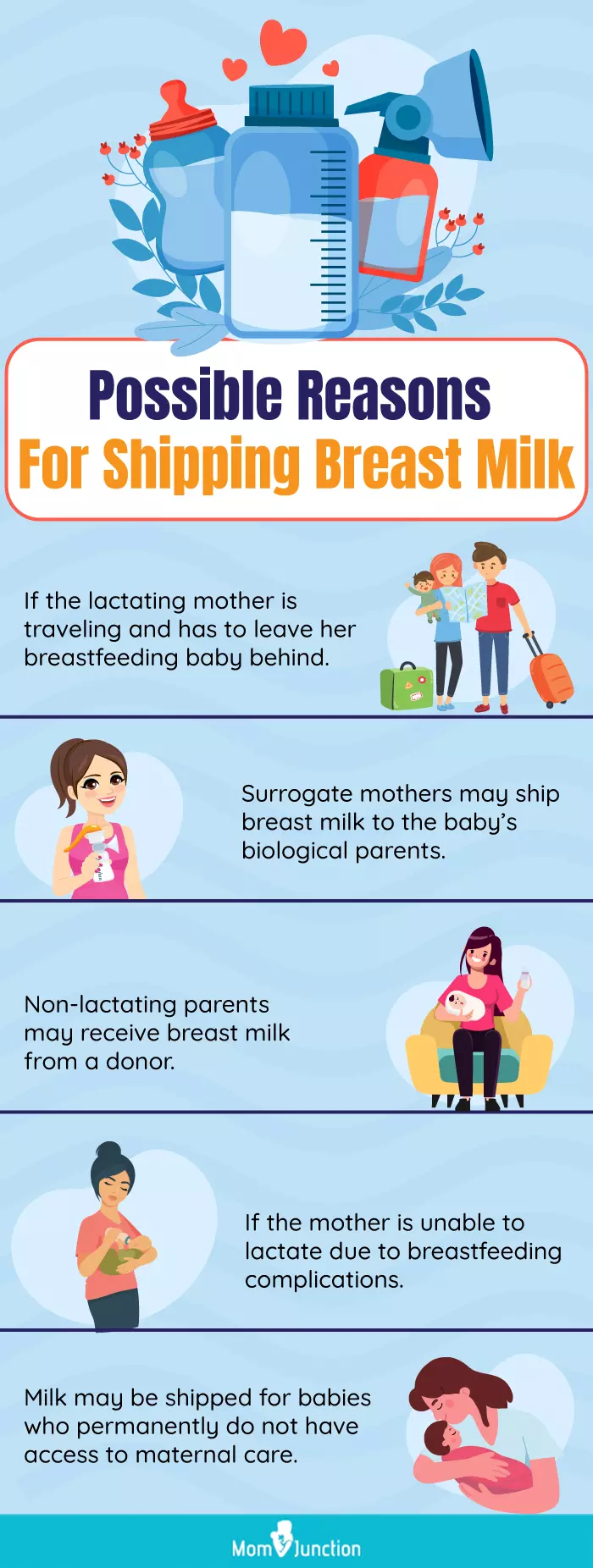
Illustration: Momjunction Design Team
Illustration: Shipping Breast Milk: Procedure Cost And Tips To Follow

Image: Dalle E/MomJunction Design Team
This video demonstrates how to safely pack and ship your breastmilk! Get tips on the best materials to use and how to ensure your milk arrives safely.
Personal Experience: Source
MomJunction articles include first-hand experiences to provide you with better insights through real-life narratives. Here are the sources of personal accounts referenced in this article.
i. Mom Transports 200 oz. of Breast Milk from Hawaii to Alabama;
https://anurturingmoment.blogspot.com/2015/08/mom-transports-200-oz-of-breast-milk.html
References
1. Breast Milk Storage Questions and Answers; CDC
2. Breastmilk Storage and Shipping Instructions; Stanford Medicine
3. Breast Milk Shipping; Coast Guard Mutual Assistance
4. Traveling with Children; Transportation Security Administration
5. A Short Guide for Surrogates: Shipping Breast Milk; Circle Surrogacy and Egg Donation
6. Travel Recommendations for Nursing Families; CDC
7. Storage And Preparation Of Breast Milk; CDC
8. 12 Things You Can Do With Leftover Breast Milk; Milkology
9. Traveling with Breast Milk; CDC; Children’s Hospital of Philadelphia
Community Experiences
Join the conversation and become a part of our nurturing community! Share your stories, experiences, and insights to connect with fellow parents.
Read full bio of Regina Kincaid
Read full bio of Shivali Karande
Read full bio of Rohit Garoo
Read full bio of Anindita Ghatak








